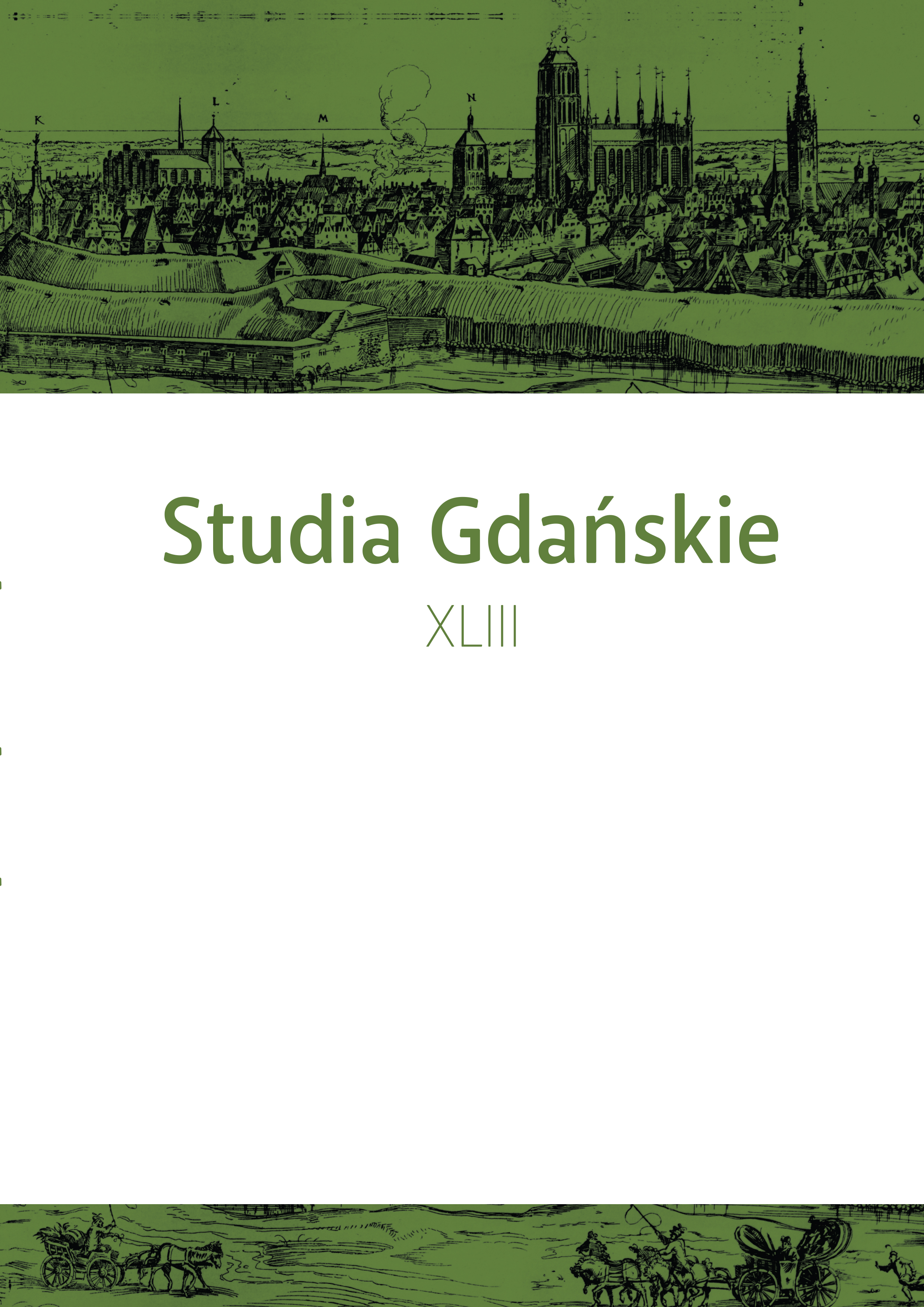„Należy ich otoczyć jakąś opieką nie angażując się w ich kontestacje”. Kardynał Stefan Wyszyński i opozycja demokratyczna (1976–1980)
“They Should be Surrounded by Care without Engaging in their Contestations”. Cardinal Stefan Wyszyński and the Democratic Opposition (1976–1980)
Author(s): Michał BiałkowskiSubject(s): Christian Theology and Religion, Recent History (1900 till today), Theology and Religion
Published by: Gdańskie Seminarium Duchowne, Kuria Metropolitalna Gdańska
Keywords: the Catholic Church in Poland; Cardinal Stefan Wyszynski; the democratic opposition in the People’s Republic of Poland (1976-1980); the Workers’ Defence Committee (KOR)
Summary/Abstract: "The deep social and political crisis that affected Poland in the 1970s also produced a change in relations between the state and the Catholic Church. By implementing a policy of concession towards the Catholic Church, the team of Edward Gierek wanted mainly to strengthen its weak social position. At the same time, relatively early they noticed a risk associated with the possibility of an unwritten alliance between the Church and the circles of awakening opposition. The formation of the democratic opposition in PRL was directly influenced by proposed changes in the PRL constitution and by the events of June 1976. These met with strong public resistance, supported by the Primate of Poland, Cardinal Stefan Wyszyński, and the whole episcopate, and expressed several times in official statements, letters and messages. Cardinal’s Stefan Wyszyński relations with Komitet Obrony Robotników (Worker’ Defence Committee - KOR) were preceded by contacts with, for example, Jacek Kuroń and Adam Michnik. Not only did Primate Wyszyński not openly criticise or oppose actions organised many times by this circle in the form of hunger protests held in the churches of Warsaw Archdiocese, but he also discreetly and informally permitted them. The Cardinal’s relations with the KOR circles were strongly affected by the fact that some activists of this movement had a Marxist background. Stefan Wyszyński maintained relatively close relations with Andrzej Czuma, a co-founder of Ruch Obrony Praw Człowieka i Obywatela (Movement for Defence of Human and Civic Rights), and with Bohdan Cywiński, a participant in Towarzystwo Kursów Naukowych (Scientific Training Association). His general opinion of the democratic opposition’s actions prompted the Primate to remain cautious, or even restrained in showing sympathy towards it. Wyszyński’s attitude – expressed many times at the Presidium of the Polish Episcopal Conference, and in the pages of his personal diary, “Pro memoria” – was always characterised by his desire to ensure order and a societal consensus, and by the idea of adhering to fundamental civil rights."
Journal: Studia Gdańskie
- Issue Year: 2018
- Issue No: 43
- Page Range: 215-236
- Page Count: 22
- Language: Polish

